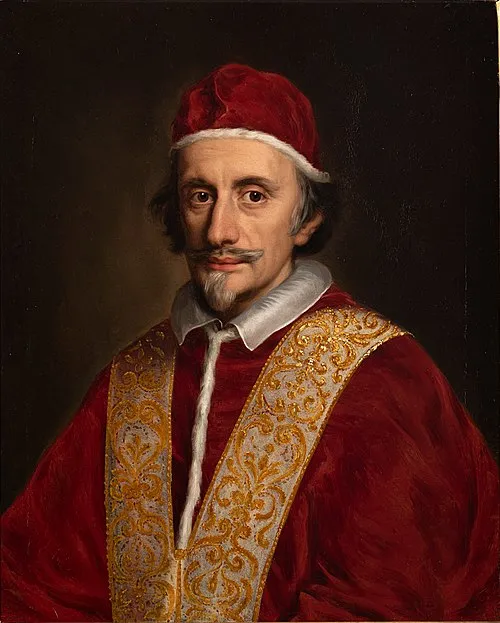
Pope Innocent XI: A Legacy of Reform and Resilience
Pope Innocent XI, born Benedetto Odescalchi on May 16, 1611, in Como, Italy, served as the 241st pope from 1676 to 1689. His papacy is notable for its staunch opposition to the temporal powers of monarchs, as well as its significant contribution to the Church's moral and spiritual reform during a turbulent period in European history.
Early Life and Rise to Papacy
Before ascending to the papacy, Innocent XI had a distinguished career in the Roman Catholic Church. He was educated in Rome and became a doctor of both canon and civil law. His early ecclesiastical roles included being appointed as the papal nuncio in both Poland and Germany. His diplomatic skills and commitment to Church reform were recognized, leading to his elevation as a cardinal in 1672 by Pope Clement X.
Papal Election and Key Policies
Innocent XI was elected pope on September 21, 1676. His papacy was marked by a strong emphasis on combating corruption and promoting moral integrity within the clergy and laity alike. One of his earliest initiatives was to address simony— the buying and selling of ecclesiastical offices—thus reaffirming the Church's ethical standards.
Political Stances and Conflicts
Pope Innocent XI was best known for his relentless stance against absolutism in Europe, playing a pivotal role in the broader conflict between papal authority and temporal powers. He famously opposed the French King Louis XIV's encroachments on the rights of the Church, which led to significant political friction between France and the Vatican. Innocent XI also resisted the influence of the Jansenists, a Catholic reform movement that clashed with traditional Church teachings.
Crusade Against the Ottoman Empire
During his papacy, Innocent XI fervently supported the Holy League, an alliance formed to combat the Ottoman Empire. His efforts culminated in the decisive Battle of Vienna in 1683, where the combined forces of the Holy League, under the command of Jan III Sobieski of Poland, successfully repelled the Ottoman siege, marking a significant turning point in the struggle for Christian Europe.
Legacy and Canonization
Pope Innocent XI's papacy came to an end with his death on August 12, 1689. His legacy is remembered for the integrity and moral guidelines he established during his tenure. He was beatified by Pope Pius VI in 1783, and canonization remains a topic of interest among historians and theologians, emphasizing his enduring impact on the Church.
Conclusion
Pope Innocent XI stands out as a reformative leader whose contributions went beyond the papal court, influencing the moral fabric of the Church and the geopolitical landscape of Europe. His efforts to uphold the dignity of the papacy and the values of the Christian faith continue to inspire discussions on the role of the Church in contemporary society.






